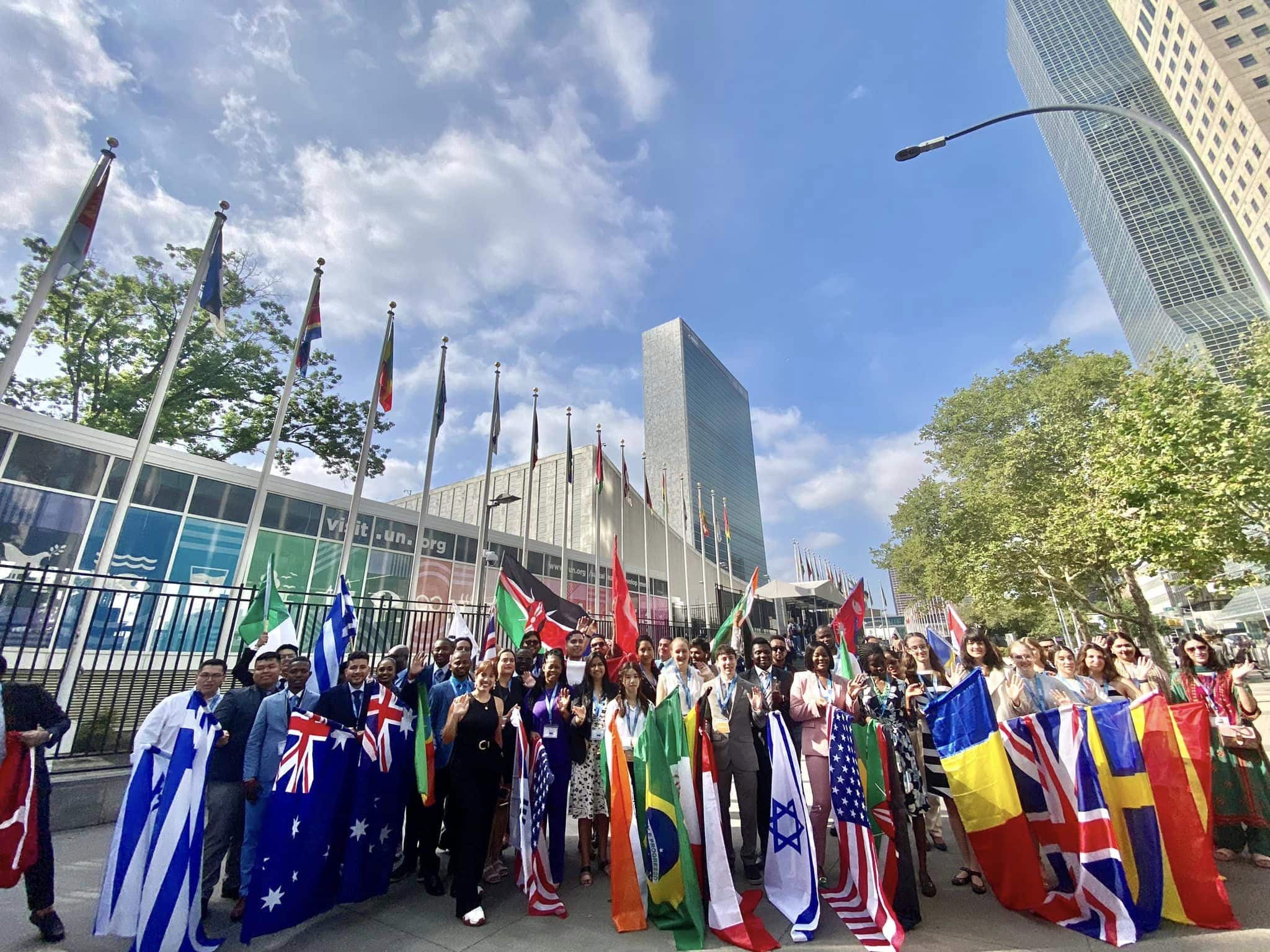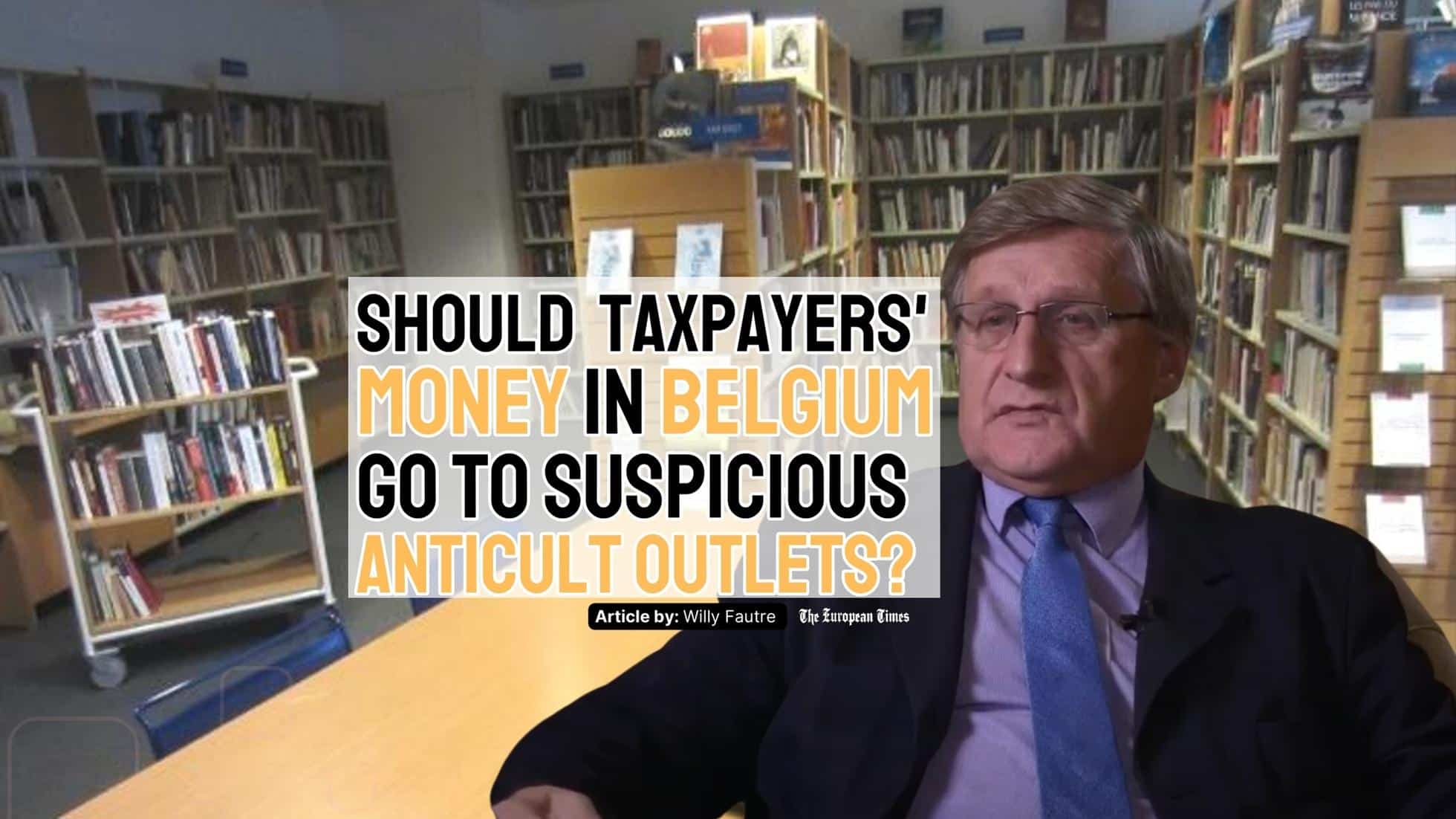Over 52.6% of businesses note that ensuring the privacy of their customer’s data is their number one priority in the cyber security field. As cyber-attacks are getting more frequent, online security holds significant importance for individuals and businesses.
While the internet presents numerous opportunities, it also exposes us to certain risks, including data breaches, identity theft, and online tracking. Strengthening our online defenses becomes essential, and employing privacy-enhancing tools is vital in achieving this goal. Among these tools, residential proxies stand out for numerous reasons. By providing an added layer of protection, these proxies contribute to a safer and more secure browsing experience.
Learn how residential proxies enhance online security and how to choose the option that suits your needs.
Understanding online security concerns & risks
The ever-evolving digital landscape poses a range of risks and challenges even for a true internet power user. Here are some of the most common online security threats:
- Online tracking. Websites often track users’ IP addresses, allowing them to monitor and collect data on browsing behavior and online activities.
- Data breaches. Major data breaches occur frequently, exposing personal information such as passwords, email addresses, and financial data to malicious actors.
- Identity theft. Hackers exploit security vulnerabilities to steal identities, leading to financial losses and reputational damage.
What are residential proxies?
Residential proxies act as intermediaries between your device and the target you are accessing online. They route your internet traffic through a pool of IP addresses assigned to residential users by ISPs (Internet Service Providers). These IP addresses are associated with real devices connected to residential networks, making this type of proxy appear as if the requests are coming from genuine users.
Unlike datacenter proxies, which use IP addresses from datacenters, residential proxies provide a higher level of anonymity and credibility. Websites and online platforms often identify residential proxies as legitimate users. This makes residential proxies ideal for various purposes, including protecting your online identity, managing multiple accounts, or collecting publicly available data.
Adding an extra layer of security with residential proxies
Users get more than just masking their original IP address when equipping themselves with residential proxies. Although some use cases only apply to advanced internet users, knowing this powerful tool’s capabilities is important.
- Enhancing online anonymity with residential proxies. Once equipped, it is nearly impossible for websites to track your location or identify your real IP address. By utilizing IPs originating from real residential addresses, they enhance privacy and reduce the risk of being targeted by cyber attackers or intrusive advertisers.
- Bypassing geo-restrictions. Some websites and social media platforms employ geo-blocking measures or impose access limitations based on IPs. Residential proxies allow users to access content that may be restricted or unavailable in their location.
- Managing multiple accounts. Individuals and businesses often need to manage multiple accounts across various platforms and regions. Residential proxies help to hop between different accounts without triggering account restrictions or bans, as each account can have a distinct IP address. This is especially valuable for social media & SEO managers, researchers, and marketers with multiple social media or eCommerce accounts.
- Social media automation tasks. For marketing gurus and businesses, residential proxies help to run various automation tools for platforms that employ advanced anti-bot software.
- Collecting publicly available data. Web scraping is another common use case when residential proxies come in handy. Marketers and researchers can scrape website data without experiencing CAPTCHAs, IP blocks, and bans.
- Market intelligence. Businesses that want to stay ahead of the competition should gear up with residential proxies to monitor their rivals’ prices and developments. Residential proxies also help to collect market trends and adapt to ever-changing consumer behavior.
How to choose a residential proxy provider?
Although, according to Statista research, users are getting more concerned about protecting their online identity, enabling multi-factor authentication, or turning off third-party cookies is simply not enough. Residential proxies are the go-to choice to safeguard sensitive information and enhance your browsing experience. But what should you look for when choosing a proxy provider?
- Pristine reputation and reliability. Look for genuine user reviews, testimonials, and feedback. A reputable provider will have a track record of delivering high-quality and reliable services.
- IP pool size and quality. The quality of the IP addresses in the provider’s pool is crucial. Make sure they offer genuine residential IP addresses from a range of locations. Also, check the IP pool size to ensure you can rotate IPs without experiencing any restrictions.
- High-level encryption. A trusted residential proxy provider should offer robust security measures and encryption protocols to protect your data and maintain online privacy. Look for providers that offer features such as HTTPS encryption and SOCKS5 support.
- Connection speed and success rates. Test the connection speed and performance of the residential proxies before committing to a provider. Slow or unreliable proxies can hinder your online activities and impact your security.
- Tech customer support. Choose a provider that offers advanced 24/7 support through live chat or email, so whenever you encounter an issue, an assistant will help you solve the problem.
- Pricing and commitments. Compare the pricing and plans offered by different providers. Consider your budget and the value for money. Also, look for a provider that offers a free trial and money-back guarantee.
Bottom line
As the online landscape becomes increasingly complex and risky, safeguarding personal information and online identity is vital. Residential proxies offer a valuable and budget-friendly solution enhancing online security and privacy by providing anonymity, bypassing restrictions, and supporting a range of use cases for individuals and businesses.

















